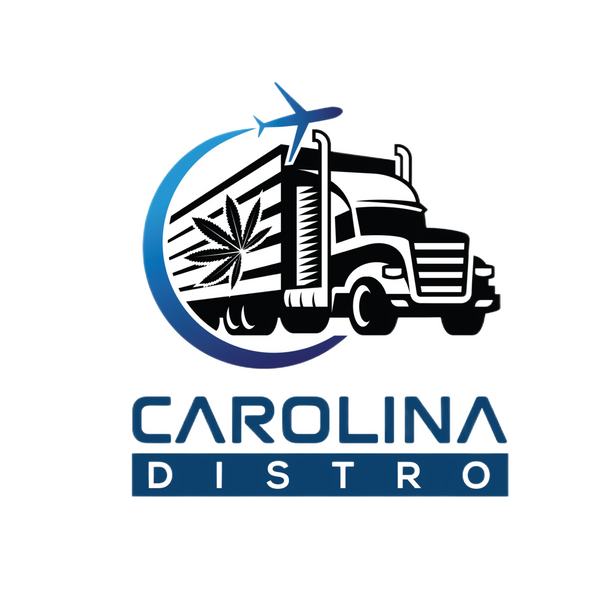As interest in the potential health benefits of THCA continues to grow, so do the questions surrounding this intriguing cannabinoid. Whether you're new to THCA or considering incorporating it into your wellness routine, navigating the plethora of information available can feel overwhelming. That's why we're here to provide clarity and address some of the most frequently asked questions about THCA. Let's dive in!
1. What is THCA, and how is it different from THC?
THCA, or tetrahydrocannabinolic acid, is a cannabinoid found in raw and live cannabis plants. Unlike THC (tetrahydrocannabinol), which is known for its psychoactive effects, THCA is non-intoxicating. It only converts into THC when exposed to heat through a process called decarboxylation.
2. What are the potential health benefits of THCA?
Research suggests that THCA may possess anti-inflammatory, neuroprotective, and antiemetic properties. It has shown promise in alleviating symptoms associated with conditions such as arthritis, neurodegenerative diseases, and nausea. However, more studies are needed to fully understand its therapeutic potential.
3. How can THCA be consumed?
Since THCA is found in raw cannabis, one way to consume it is by juicing or blending fresh cannabis leaves or buds. Additionally, THCA-rich products such as tinctures, topicals, and capsules are available for those who prefer a more convenient and controlled method of consumption.
4. Is THCA legal?
The legality of THCA varies depending on local regulations. In states where cannabis is legal for medical or recreational use, THCA products may be available through licensed dispensaries. However, in areas with stricter cannabis laws, THCA's legal status may be uncertain, so it's essential to research local regulations before purchasing or using THCA products.
5. Are there any side effects or risks associated with THCA?
While THCA is generally considered safe, some individuals may experience side effects such as dizziness, dry mouth, or changes in appetite. Additionally, THCA may interact with certain medications, so it's essential to consult with a healthcare professional before using THCA products, especially if you have underlying health conditions or are taking medication.
6. How much THCA should I consume?
Dosage recommendations for THCA can vary depending on factors such as individual tolerance, desired effects, and the method of consumption. It's best to start with a low dose and gradually increase as needed while monitoring for any adverse reactions. Consulting with a healthcare provider or cannabis specialist can help determine an appropriate dosage for your specific needs.
7. Can THCA make you high?
No, THCA itself does not produce psychoactive effects. It's only when THCA undergoes decarboxylation and converts into THC that it becomes intoxicating. Therefore, consuming raw cannabis or THCA-rich products will not result in a "high" typically associated with THC.
8. How should THCA products be stored?
THCA products should be stored in a cool, dark place away from direct sunlight and heat sources to preserve their potency and freshness. Proper storage conditions help prevent degradation and maintain the integrity of the product over time.
In Conclusion
THCA holds significant promise as a potential therapeutic compound, offering a range of potential health benefits without the intoxicating effects of THC. By addressing these common questions, we hope to empower individuals to make informed decisions about incorporating THCA into their wellness routines. If you have any additional questions or concerns about THCA, don't hesitate to reach out to us. We're here to help you navigate your journey to wellness with clarity and confidence.
